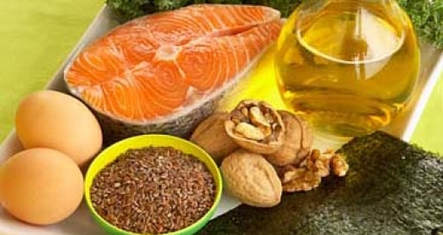The Fat Debate: Is fat really that bad?
Fat is always coined as being detrimental to health and something that should be avoided on a regular basis. How many products do you see that are fat reduced or fat free? They’re everywhere. Can fat really be that bad? The truth is, fat is an essential macro-nutritient that is required on a daily basis however, it is the type of fat we consume, which can either leave a positive or negative impact on our health.
The common forms of fat shown to contribute to elevated cholesterol and cardiovascular disease are mainly your trans fats and saturated fat (to a certain extent). These forms of fat are generally found in deep fried foods, hydrogenated vegetable oils, store bought biscuits, chips and cakes. These fats have been shown to increase the ratio of bad fats (LDL) to good fats (HDL).
The best forms of fat include monounsaturated and polyunsaturated fats. These can be found in olive oil, fish, shellfish, hemp seed oil, borrage and nuts and seeds. These fats have been shown to increase the ratio of good to bad fats. These foods should be consumed on a daily basis and should consist of up to 30% of our dietary intake.
Saturated fats should be eaten in moderation and are crucial for assisting with nerve signalling, cholesterol and steroid hormone production and nutrient absorption. To prevent the over consumption of saturated fats, it is important to remove fat from animal protein and to consume leaner type meats.
Is Low Fat always best?
The answer is simply, no. Fat is essential and we shouldn’t be avoiding it like the plague. If you look at your reduced fat products, the majority of them still contain high amounts of sugar. Did you know that sugar turns into triglycerides when we have too much? Once our glycogen stores (storage form of glucose) reach it’s highest amount, in order to prevent glucose from being further stored, it is converted into triglycerides. This is why you’re not doing yourself any favours when you’re consuming low or reduced fat products.
I always advise my patients and students that moderation is key. If you suffer from high cholesterol, avoid all forms of trans fats (after all, they are
synthetically derived, consume low to moderate amounts of saturated fats and consume a large quantity of polyunsaturated and monounsaturated fats.
Fat can be your friend, not your foe!


